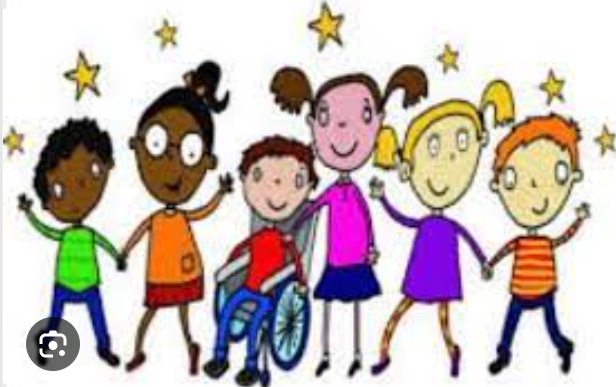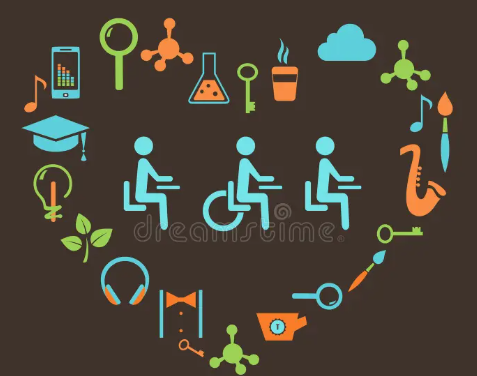Understand Me

What does it truly mean for someone to understand you? To feel that someone sees you for who you really are—not just for your actions, but for your emotions and inner struggles?
Too often, we overlook the attention that children with special needs deserve. Even if a person isn’t intellectually gifted or physically capable, they still experience the same emotions as anyone else. The difference is that they may struggle to express themselves or advocate for their needs, leading to frustration and discouragement.
Take a baby’s cry, for example. Instinctively, we check for physical discomforts like hunger, illness, or a wet diaper. But we rarely consider that the baby might feel insecure or simply need comfort. Parents of typical children are often exhausted, let alone parents of children with special needs. I had a friend whose daughter was diagnosed with ASD, and when she found out, she was devastated. She didn’t know how to cope and was overwhelmed with disbelief. She even blamed herself. We realized how difficult it was for her parents during that tough time, so we focused on offering more support than criticism.
In my own experience as a grandparent, I’ve seen firsthand how building trust and connection can truly make a difference. For years, we walked alongside Roro, celebrating both her small steps and big milestones. It took several months for her to understand prepositions—words like in, on, above, behind, and beside. But once she grasped those concepts, she was able to relate many things to them.
Teaching Roro taught me the importance of patience, trust, and supporting a child’s emotional well-being throughout their learning process. Ultimately, it’s not just about what we teach, but how we help a child feel seen and valued in their unique journey.

Is the journey easy? Of course not. Is it worth it? Definitely. We’ve all had experiences with teachers who didn’t believe we could learn something. Maybe they were right, maybe not—but we lost interest in learning right away. Many students with special needs may be slow learners, but once they master a skill, they can often outperform expectations.
As teachers, we sometimes focus too much on the outcome. When students don’t meet our expectations, it’s easy to get discouraged. But when teaching children with special needs, it’s important to gather as many resources as possible. Like conducting a science experiment, you eventually discover the best ways to teach them.
Regardless of the outcome, the time spent with Roro is priceless. The joy and fun we shared with her are beyond words. Getting to know her and teaching her was a life lesson.

I sincerely hope that, as a society and as individuals, we can look beyond the surface and truly understand those who may not express their needs in ways we expect. I hope we offer more support and empathy in how we teach and care for them.
